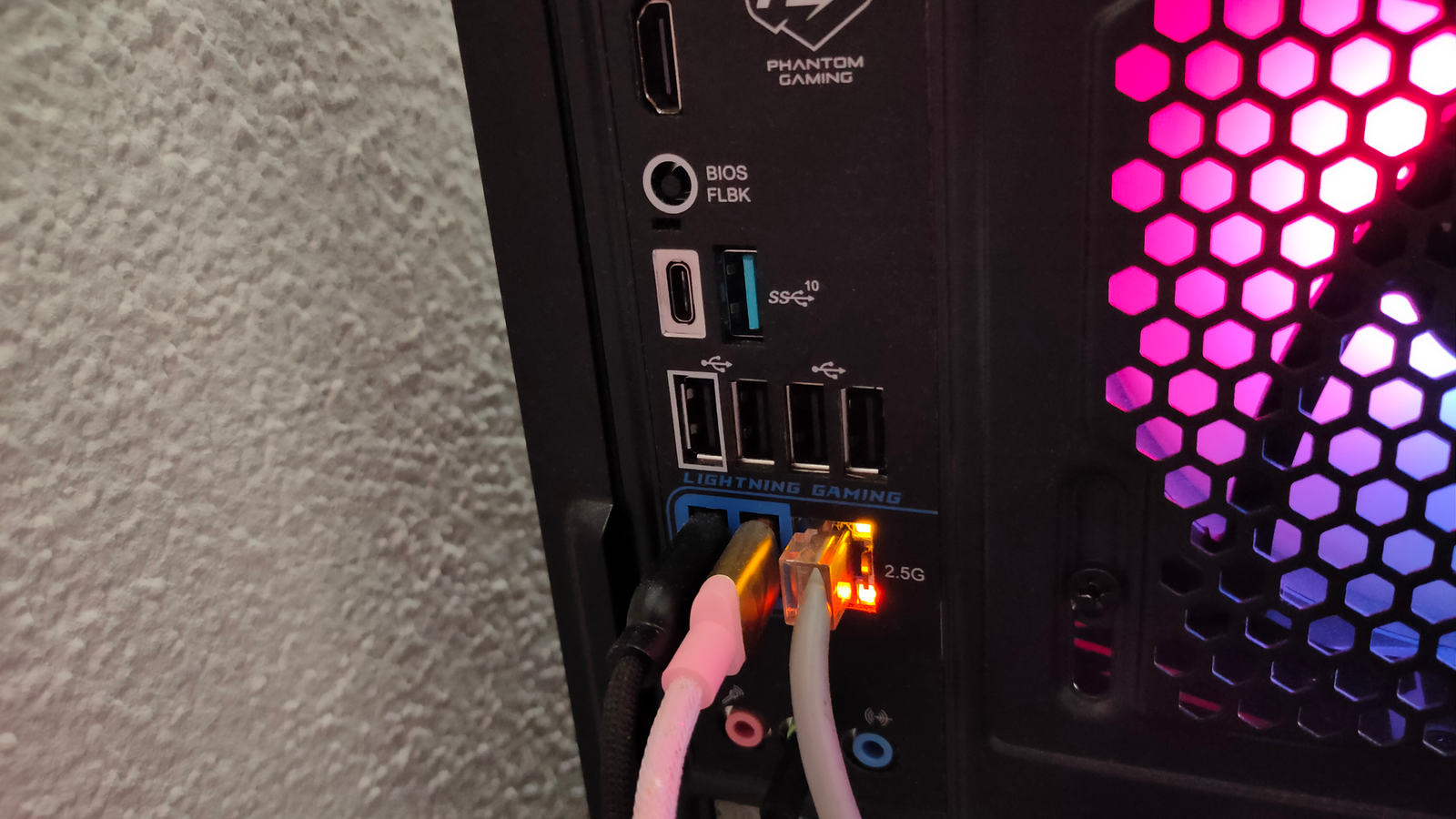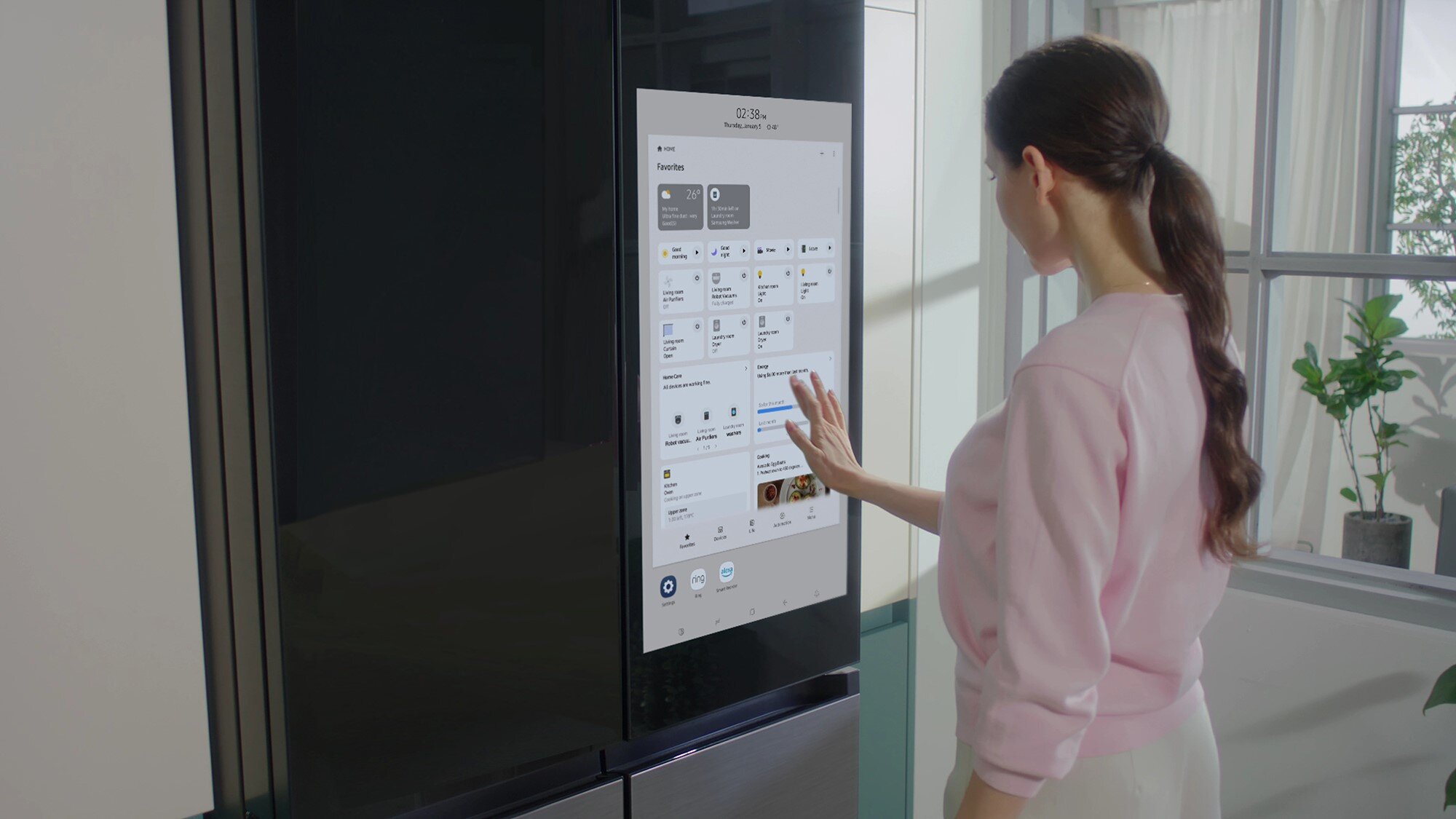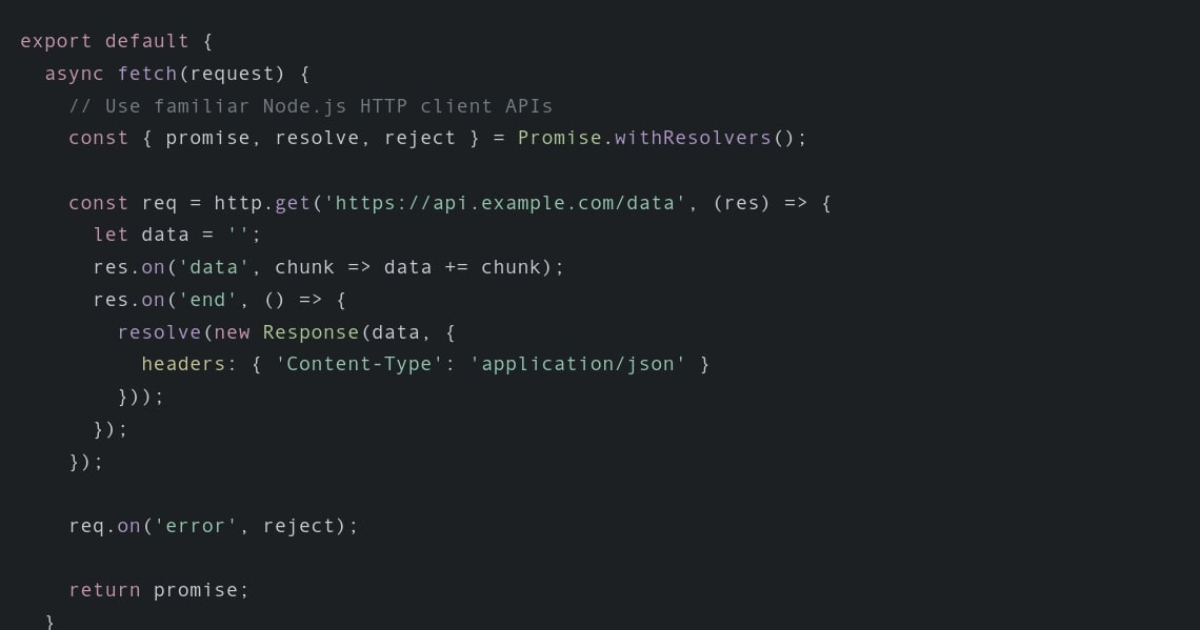Microsoft recently announced the public preview of a new capability that enables Azure Logic Apps (Standard) to function as MCP servers, providing developers with a flexible way to build and manage agents.
The Model Context Protocol (MCP) is an open standard that enables Large Language Models (LLMs), AI agents, and MCP clients to interact with external systems and tools in a secure, discoverable, and structured manner. The standard defines how to describe, run, and authenticate access to tools, enabling agents to interact with real-world systems, such as databases, APIs, and business workflows.
Typically, LLMs work with AI agents that handle and fulfill requests by using prebuilt tools that agents call to complete tasks, such as sending an email, querying a database, or triggering a workflow. In Azure Logic Apps, users can jumpstart building these tools by reconfiguring a Standard logic app as their own remote Model Context Protocol (MCP) server.
Kent Weare, a Principal Program Manager at Microsoft, writes:
By dynamically composing these tools into Logic Apps, developers can rapidly construct agents that are both scalable and adaptable to complex enterprise scenarios. The benefits include reduced development overhead, enhanced reusability, and a streamlined path to integrating diverse systems—all while maintaining the flexibility and power of the Logic Apps platform.
According to Microsoft, the capability enables users to expose existing workflows as tools that LLMs, AI agents, and MCP clients can utilize to interact with enterprise resources and assets. In this context, “remote” refers to the MCP server operating outside the environment where the interface for the AI agent is located.
For instance, with a Standard logic app-based MCP server running in Azure, and using Visual Studio Code locally as an MCP client, users can connect to an MCP server remotely.
(Source: Microsoft Learn)
Sneha Daggubati, a Senior Cloud Architect at Microsoft, commented in a LinkedIn post:
The opportunity: Thousands of integrations can be enabled for MCP overnight, lowering the barrier for SDCs and on-premises systems, and accelerating adoption.
The challenge: We need clarity on scalability, reliability, and long-term strategy before betting on this pattern at scale.
In addition, Parveen Singh, a Microsoft Certified Trainer, added:
The hard part is productionizing: connector throttles, idempotent retries, schema versioning, and end-to-end tracing from Copilot Studio to the Logic App run.
Furthermore, Muhammad Urwah Umer, a SharePoint Developer, commented in a different LinkedIn post:
I love this direction; Logic Apps as MCP servers open up incredible possibilities. Curious how organizations will balance governance while tapping into so many enterprise connectors.
Lastly, more details are available in the documentation pages, and demos are available for guidance.










